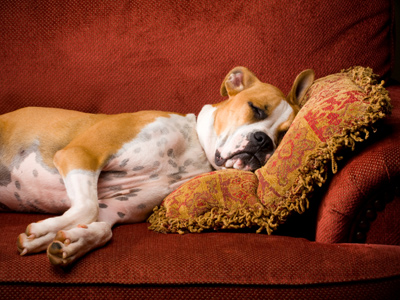
Capital Letters 01
Capital letters start sentences and follow full stops, exclamation and question marks. Long ago, texts were written without using capital letters to distinguish the beginnings of sentences. It could be difficult to tell where one sentence ended and another began. In modern-day English, one of the most important uses of capital letters is to show at a glance where each new sentence begins. When you write, you should always use a capital letter after a full stop, exclamation mark, or question mark ending a sentence. Sometimes when writing, you might be so fully engaged that the words are flowing without stop. If you look back over your writing and can't see many capital letters, that's usually a sign that you need to read your work to yourself to work out where each sentence should be punctuated. When you're writing dialogue, remember that when a sentence continues after the closing speech mark, you should not use a capital letter. For example, this would be correct: "Where is Trish?" she worried aloud.
Another use of capital letters is to provide emphasis or even to SURPRISE your reader with a SHOUT.
Test your knowledge in the first Capital Letters quiz.
Ready for more?
not all...
quizzers. Try to win a coveted spot on our Hall of Fame Page.







